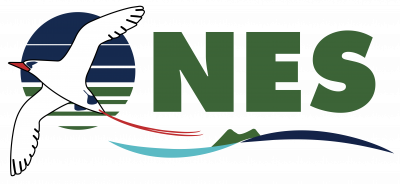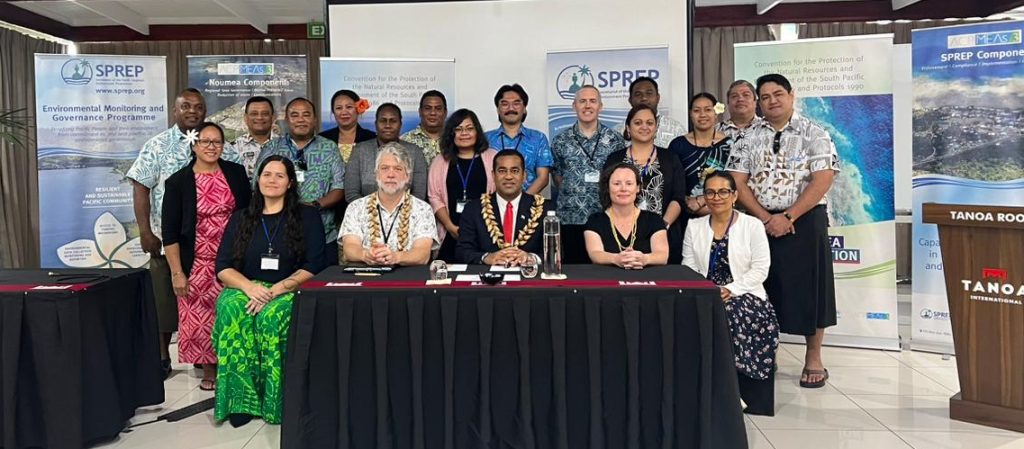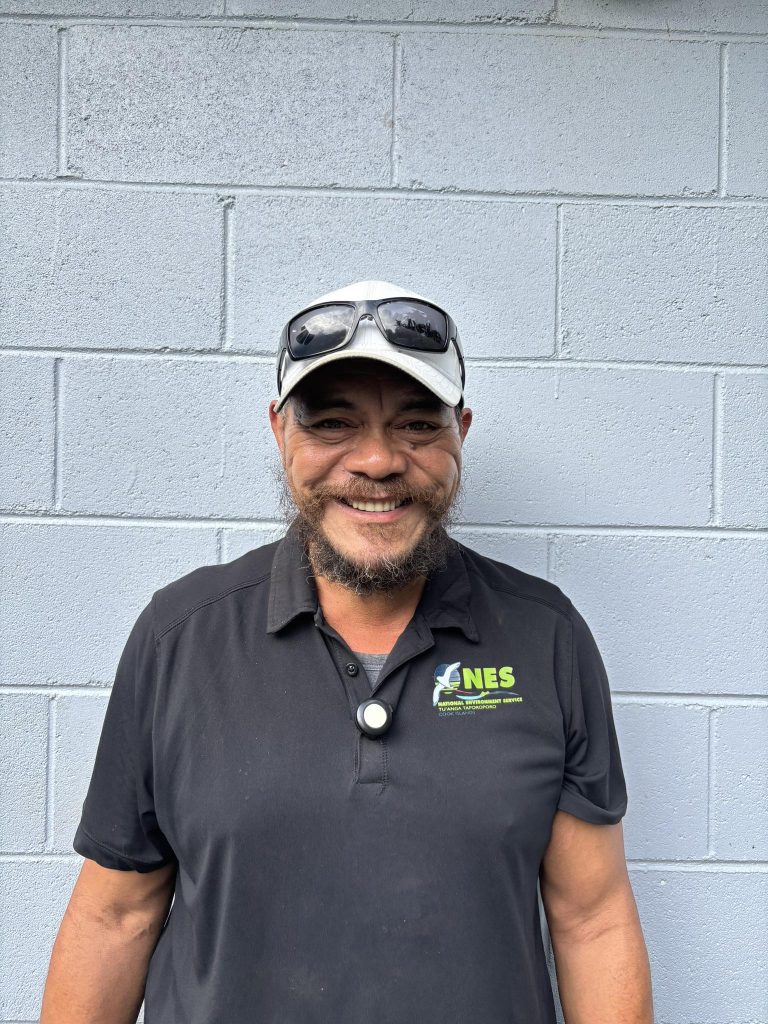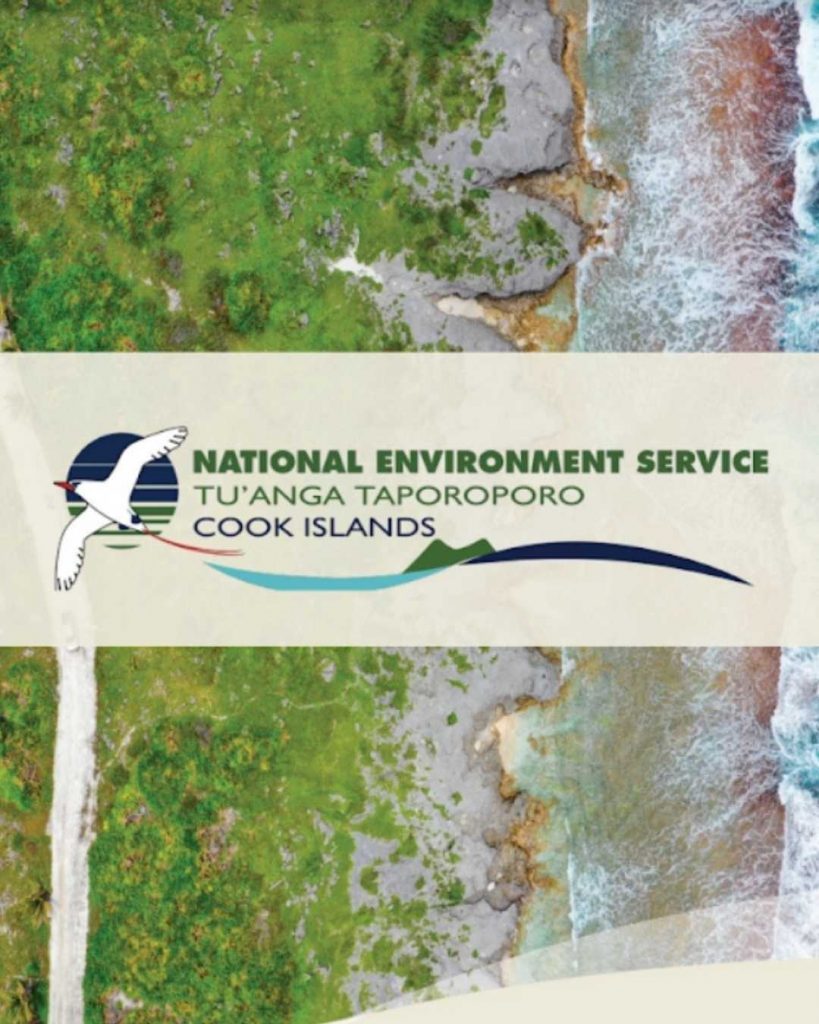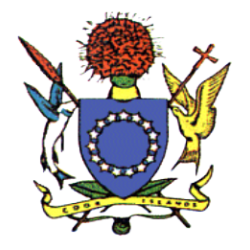NES has started consultations to review and update the National Biodiversity Strategy and Action Plan (NBSAP). The first Pa Enua consultation had a successful turnout of 47 participants. Participants included government agencies, locals, returnees, and senior local school students. The students’ breakout sessions were particularly noteworthy, as their parents and the wider community listened intently to their presentations. The workshop covered a wide range of environmental and biodiversity issues affecting the island.
The community identified the significant threat posed by invasive species, particularly rats, pigs, goats, and introduced plants like acacia, to native wildlife and water resources. A well-structured eradication program was deemed necessary to mitigate these threats and protect the island’s biodiversity.
Land management practices, including ineffective land clearing rules, and waste management challenges, such as septic tank disposal without proper sewage systems, were also major concerns. The community emphasized the need for enhanced waste management facilities, like improved landfills and alternatives to agricultural chemicals, to safeguard the environment.
A lack of respect for ra’ui (protected areas) has led to resource depletion, which community members see as a critical issue. They called for stronger protections for ra’ui sites and species such as coconut crabs and turtles to preserve biodiversity.
Concerns about water quality, historical well protection, and the effects of climate change, particularly drought, on water sources were highlighted. Planting native trees was seen as a vital strategy to mitigate climate change’s impact on water resources.
The community expressed a preference for local by-laws that cater to island-specific needs over national laws. They called for the Island Council to take a more active role in law development and enforcement to ensure policies are better suited to Mauke’s unique circumstances.
Participants also voiced concerns about the erosion of traditional knowledge and stressed the importance of education and awareness programs, especially for young people. They suggested integrating traditional knowledge into local practices like small-scale fisheries and farming to maintain biodiversity.
The workshop concluded with a call to action, encouraging the community to take ownership of the island’s environmental issues and work collectively to protect it. There was a strong desire for follow-up programs, surveys, and research to support biodiversity conservation and ensure that future generations inherit a sustainable and thriving island environment.
The National Environment Service would like to extend its heartfelt thanks to the community of Mauke for your warm hospitality deeply appreciate the meaningful conversations we had with you all. Thank you for your openness and the fruitful discussions. The team were also able to witness the welcoming of the Bishop to Mauke.
The workshop provided valuable insights into the community’s concerns and their desire to protect Mauke’s environment for future generations. The discussions emphasized the importance of aligning local efforts with broader national and environmental plans, with a clear call for action on issues such as invasive species, waste management, water conservation, and the respect of ra’ui sites. The community is committed to taking steps to “walk the talk” and ensure that the island remains a sustainable and biodiverse home for future generations.
